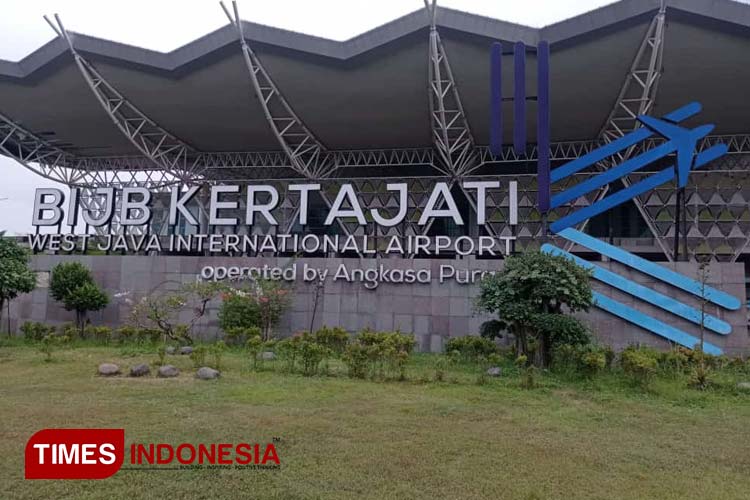TIMES HONGKONG, PADANG – In the rapidly evolving digital era, technology plays an increasingly crucial role across various sectors, including accounting. With advancements in artificial intelligence (AI) and automation, accounting practices are undergoing significant transformation. The future of accounting lies in the integration of these technologies, offering enhanced efficiency, accuracy, and deeper analytical capabilities.
Firstly, AI and automation enable faster and more efficient accounting processes. Routine tasks such as data entry, account reconciliation, and financial reporting can be performed quicker and with fewer errors compared to manual methods.
AI-based accounting software can process large volumes of data in a short time, providing accurate and reliable results. This not only saves time but also allows accountants to focus on more complex strategic and analytical tasks.
Secondly, the use of AI in accounting opens up opportunities for more in-depth data analysis. AI can analyze data patterns and provide insights that might not be visible to humans. For instance, AI can detect anomalies in financial transactions that could indicate errors or potential fraud.
This allows companies to take proactive measures to address issues before they escalate. Additionally, AI can assist in making financial forecasts based on historical data, aiding companies in planning and strategic decision-making.
However, the adoption of AI and automation in accounting also presents certain challenges. One of the main concerns is the potential job displacement among accounting professionals. As more tasks become automated, the role of traditional accountants may change or even diminish.
Therefore, it is crucial for accountants to continuously develop their skills, especially in data analysis, business understanding, and communication. By doing so, they can remain relevant and become strategic partners in business, rather than merely performing administrative tasks.
Moreover, data security is another issue that must be addressed. In an increasingly digitally connected world, financial data becomes a lucrative target for cybercriminals. The use of AI and automated systems requires robust data protection measures to prevent unauthorized access and misuse of sensitive information. Thus, companies must ensure they have adequate security systems in place to protect their financial data.
Despite these challenges, the potential of AI and automation in accounting is immense. They not only enhance efficiency and accuracy but also open up new avenues for innovation and better decision-making. Accounting professionals who can adapt to these changes will find themselves in a strong position for the future.
In conclusion, the future of accounting is at the intersection of technology and human expertise. AI and automation will not replace accountants but will change how they work. By leveraging these technologies, accountants can provide greater value to companies and become an integral part of successful business strategies. For the accounting industry, this is an exciting time to innovate and grow.
***
*) Oleh : Silmi, S.E., M.Ak., Dosen PNS Akuntansi Fakultas Ekonomi dan Bisnis, Universitas Andalas.
*)Tulisan Opini ini sepenuhnya adalah tanggungjawab penulis, tidak menjadi bagian tanggungjawab redaksi timesindonesia.co.id
*) Kopi TIMES atau rubik opini di TIMES Indonesia terbuka untuk umum. Panjang naskah maksimal 4.000 karakter atau sekitar 600 kata. Sertakan riwayat hidup singkat beserta Foto diri dan nomor telepon yang bisa dihubungi.
*) Naskah dikirim ke alamat e-mail: [email protected]
*) Redaksi berhak tidak menayangkan opini yang dikirim.
**) Ikuti berita terbaru TIMES Indonesia di Google News klik link ini dan jangan lupa di follow.
Artikel ini sebelumnya sudah tayang di TIMES Indonesia dengan judul: The Future of Accounting: AI and Automation
| Writer | : Hainor Rahman |
| Editor | : Hainorrahman |

























